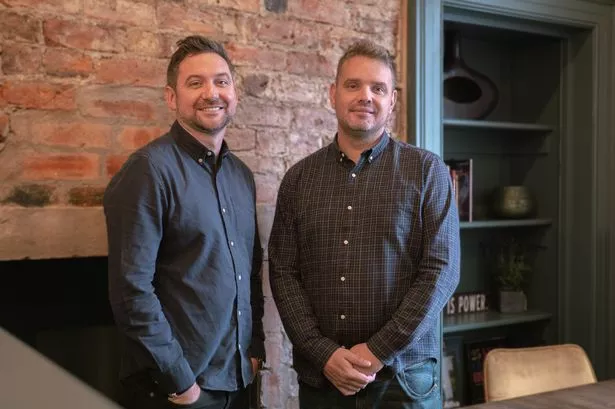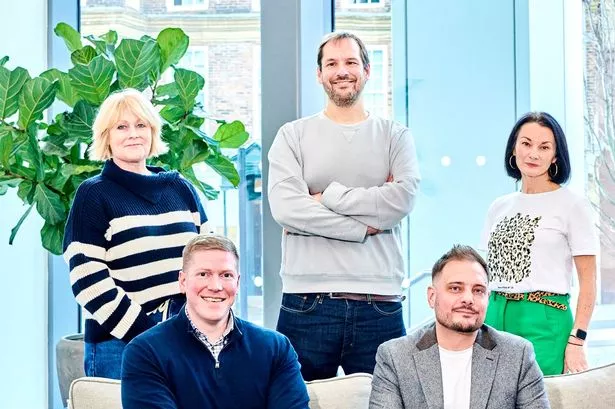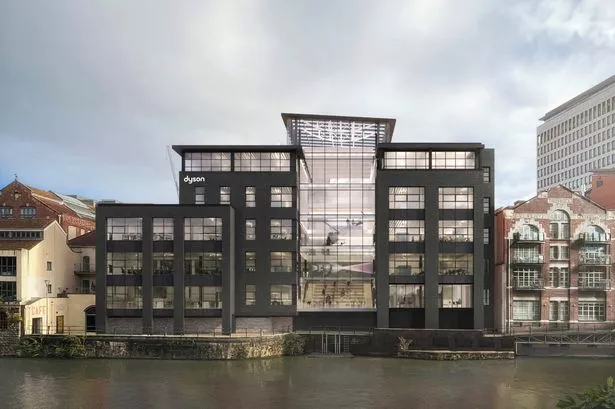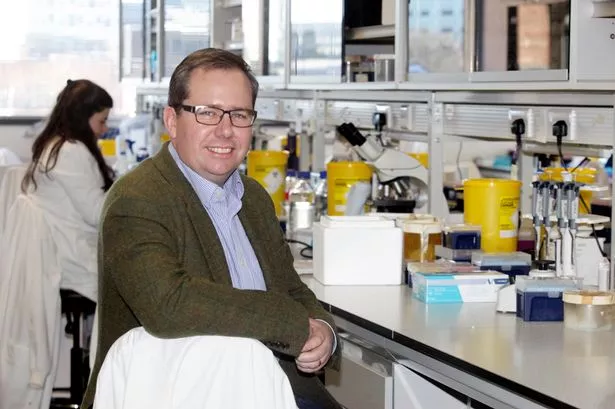
Life sciences has long been touted as one of the North East’s most promising sectors. One which supports 15,000 jobs, is a major exporter and contributes £2.7bn to the economy each year.
And new research points to growing optimism among the region’s 450 companies which include precision medicine specialists, pharmaceutical manufacturers and research and development companies, among other disciplines.
A joint report from Teesside-based The Centre for Process Innovation and Newcastle-based Square One Law - the first of what is intended to be an annual snapshot - honed in on 30 firms. It found that nearly 75% think 2025 will bring better financial performance, with strategic shifts towards private sector sales in place of reliance on the NHS; clinical successes and the filing of patents, and scalability of services among the factors cited as confidence boosters.
Attention is increasingly focussed across the Atlantic where North East firms - many of them SMEs - see opportunity in the lucrative US market. Perhaps unsurprisingly, the report does not mention the current unreliability of the US as a trading partner. President Donald Trump has proposed the US will slap a 25% tariff on pharmaceuticals starting in April and rising substantially through the year. That more drastic measure supersedes earlier thoughts that ‘reciprocal tariffs’ to VAT could be introduced. The British Chambers of Commerce say that even the latter would “upend established trade norms” and create cost and complexity for British firms.
Notwithstanding those uncertainties, the report’s authors say the North East should help its companies build bridges with US healthcare systems including hospitals and others with direct access to the market stateside. Among its suggestions are trade missions from the region and programmes to help North East firms meet stringent US Food and Drug Administration requirements.
Access to capital was also noted among the challenges faced by the sector with only 3% of firms reporting success with private funding - though 9% said they had success with public funding. Unnamed SME pharma respondents talked of difficulties in getting venture capital funding and seeing overseas competitors making progress while UK investors plumped for “safer” bets.
Sam Whitehouse leads Newcastle-based LightOx, a cancer treatment innovator which has developed a light-activated gel that is a type of chemotherapy for early stage oral cancers. Last year, his firm secured £1.5m including from Newcastle’s Northstar Ventures and the GMC Life Sciences Fund which is designed to support firms setting up in Greater Manchester and surrounding area.
Dr Whitehouse said: “The challenges for the region, it is sad to say, remain fairly constant. We have suffered from a lack of investment both from the private finance and from Government, with the majority of investment being in the South East and the golden triangle. There is sadly a lack of investors in the North East, and much of the finance gained by our companies comes from overseas.
“This is compounded by the fact the Government also does not give certainty to the funding bodies such as Innovate UK, to work beyond a one-year period. Growth is only possible with the right nurture, and investment gives that stability to grow from. However, despite these challenges, we see more and more SMEs in the region, more jobs being created and a demand for space increasing. The technologies being developed continue to be at the cutting edge of innovation, and the value of these products continues to increase.”
The reported funding challenges did not stop £100m of recent investment identified in the North East, and a further £40m spent by Organon - the £138m turnover women’s health drug maker which employs 675 at Cramlington.
Lack of laboratory space also looms large as a hindrance to the growth of the sector.The report points to the success of Newcastle’s The Biosphere - home to LightOx and many others - which offers laboratory and office space, and County Durham’s NETPark which is hosts firms such as stem cell specialists Reprocell Europe and diabetic sleepmask creators PolyPhotonix. But it also talks of increasing demand for lab and cleanroom space - a national issue it says the North East is well positioned to meet with plans for similar Biosphere buildings, where Newcastle City Council is seeking an investor, and competitive overheads compared to rival areas, particularly the sector hotspots of Oxford and Cambridge.
Demand is such that the North of Tyne Combined Authority, Invest Newcastle and Invest North East England commissioned a feasibility study last year to look at how existing buildings in Newcastle and the wider region could be converted and adapted to create new laboratory space. That work has reportedly turned up at least 40 sites which could be repurposed, and established a methodology that could be applied to more buildings.









